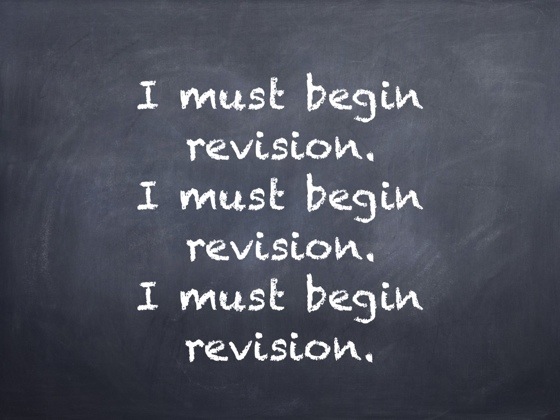ePortfolio
E-Portfolio
 What I have taken away from this course is not only the ability to write with complex thought, but to have the mentality to revise. A good example to display my progress and evolution of my writing skills previously stated is the path that my microtheme took from first draft to final draft.
What I have taken away from this course is not only the ability to write with complex thought, but to have the mentality to revise. A good example to display my progress and evolution of my writing skills previously stated is the path that my microtheme took from first draft to final draft.
The whole idea of the microtheme is to be a one page paper that addresses a problem, elaborates on it, but does not give a solution. If the problem could be solved in one page of writing, then it is not a big enough problem to address. This meant that I had to put more thought into this paper as a writer. This also meant stepping away from the traditional pro and con writing style that forces a writer to take a side and argue, eventually leading to a proposed solution. In order to do this, I thought for awhile about an issue that not only meant something to me, but also did not already a solution. Ultimately I came to to topic of judgement. This entails the question, why do people judge others when they know nothing about them?

I will now describe my revision process and provide links to show the transition of my first draft to my final draft. In my first draft, the title was a deterrent and could influence a reader in a negative way from the beginning. Other changes made from my first draft include changing my ideas to not be all inclusive, for example saying that all people do something when that is not true. Claiming that all people are at fault is almost never true, so revising areas like these to say ‘most people’ or ‘some people’ judge others is much more tolerable and accurate.
In my second draft, I changed the title from “A Judgmental Society” to just “Judgement,” which was much easier on the eyes of the reader. I also made the first paragraph shorter to get right to the point. Finally, in my final draft, I added a little in my concluding paragraph to ensure that the reader is left thinking about the problem, and that is the entire purpose of the microtheme.
Through this course I became a better writer who learned to write without a resolution and found the patience to write multiple revisions. Sometimes an ending without a solution is better because it leaves the reader to form their own ideas about what should happen, and hopefully galvanizes them to do something about it, and multiple revisions allows the paper to get better every time.
Comments
Post a Comment